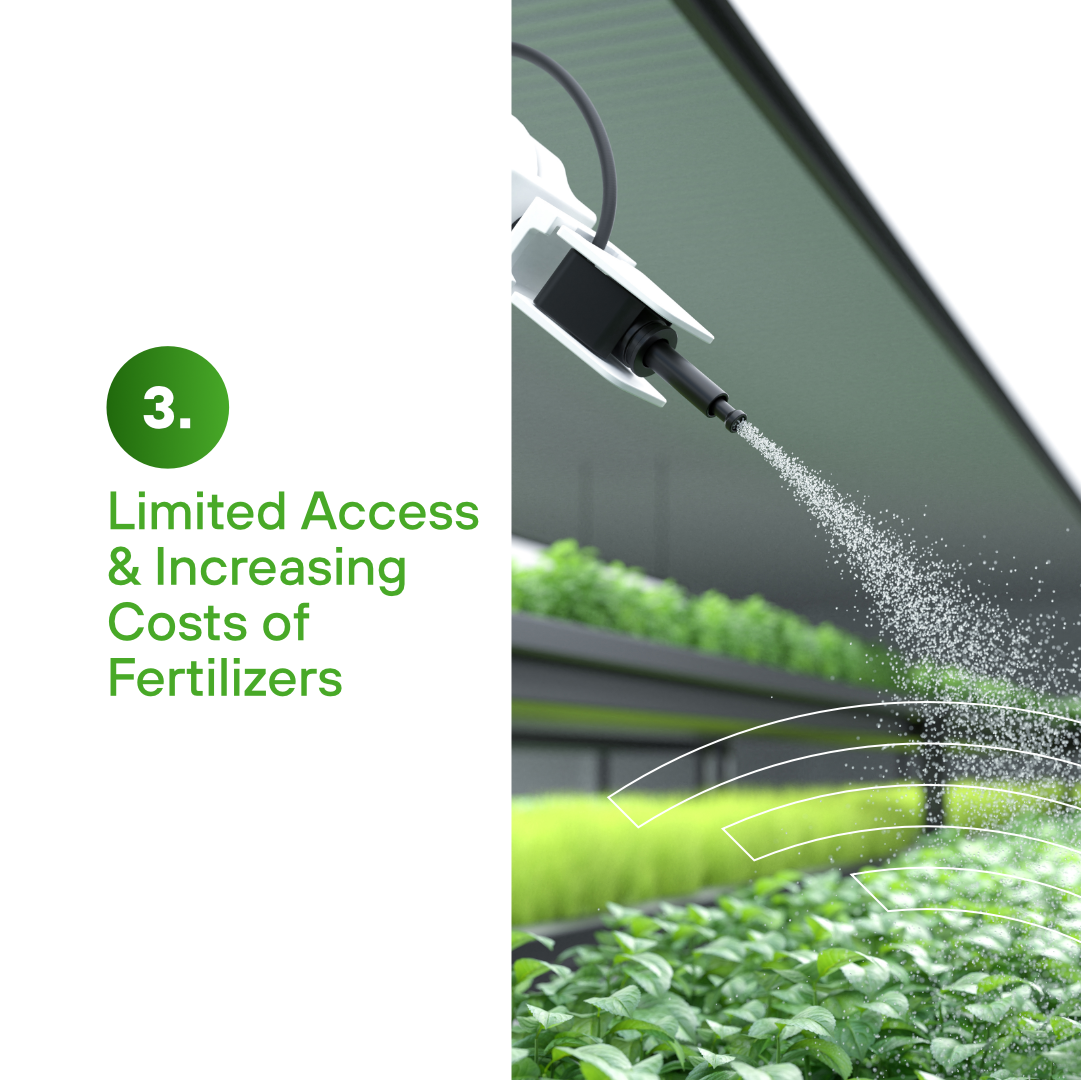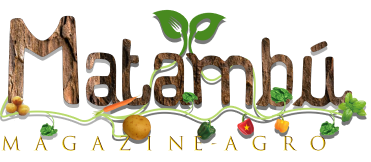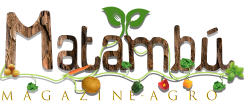[ad_1]
Limited meals provide to cater to Africa’s rising inhabitants has turn into a significant reason for concern on the continent in the present day. As the world recovers from among the most debilitating crises which lower throughout completely different areas from well being to safety, and even setting, the Agricultural system has confronted — and nonetheless faces — provide chain disruptions throughout its whole worth chain, finally making the ultimate value of meals dearer for the patron. According to the IMF, whereas meals prices account for 17% of shopper spending in superior economies, in sub-Saharan Africa, it accounts for as a lot as 40%. It is thus, little doubt, a key driver for inflation and primarily a significant stress level.
The Consumer Price Index report launched by the National Bureau of Statistics (NBS) reveals that since April 2020, headline meals inflation in Nigeria has hovered above 15%, getting as excessive as 22.95% round March 2021. In the month of April 2022, meals inflation rose to 18.37%, a rise in comparison with 17.2% recorded within the month of March. According to the NBS, this rise was attributable to will increase within the costs of meals merchandise like bread, tubers like potatoes and yam, and others equivalent to wine, fish, meat, and oils. Compared to final 12 months’s costs, the value of beans has elevated by over 50%, Garri by over 20%, and tomatoes by over 45%. A survey carried out by the NBS confirmed that no less than 8 out of each 10 Nigerian households had been nervous about these rising meals costs.
The problem now’s that based mostly on varied indices, the worst isn’t over and meals costs are nonetheless set to extend within the 12 months 2022 notably within the wake of further world financial disruptions such because the Russia-Ukraine disaster and world oil value challenges. Here’s a rundown of what it is advisable to know in regards to the general causes of meals value hikes this 12 months.

Transportation value is likely one of the main causes of meals inflation in Nigeria and this has not too long ago been exacerbated by the value will increase in diesel which, being unsubsidized, strikes within the path of the worldwide power market. In the early months of this 12 months, diesel witnessed over 100% enhance from what it bought at round January-March 2021. Rising power prices and restricted entry to energy additionally instantly impacts the excessive value of warehousing. From electrical energy tariffs being elevated following the elimination of electrical energy subsidy to a possible elimination of gasoline subsidy, we anticipate these rising enter prices to instantly trigger the general value of meals to go up.

Russia and Ukraine occur to be massive gamers within the world commodities market with each nations accounting for round 1 / 4 of worldwide wheat exports. According to the Food and Agriculture Organization of the United Nations (FAO), Russia ships a complete of 32.9mn tonnes of wheat and meslin (in product weight), or the equal of 18% of worldwide shipments. In 2021, Ukraine was the fifth largest wheat exporter, exporting 20mn tonnes of wheat and meslin, with a ten% world market share. Since the invasion of the Russian navy in Ukraine, the value of wheat has surged globally. In Nigeria, the place wheat is the third most consumed grain, the potential influence on the value of staple meals isn’t beneficial. According to the Flour Milling Association of Nigeria (FMAN), “45 per cent of the food variants served in Nigerian homes are wheat derivatives, and account for 75 million of the daily food portions in Nigerian households.”
Prices of assorted grains have since reached excessive ranges prior to now few months. While worldwide grain producers are ramping up efforts to shut provide gaps and governments are attempting to extend native manufacturing, their efforts won’t be able to swiftly mitigate the already excessive prices of those commodities. This comes at a interval the place there’s already rising demand for grains in China and India. The flour milling trade performs a big position in offering Nigeria’s ever-growing inhabitants entry to comparatively cheaper staple meals; in a rustic that’s already struggling meals shortages, these disruptions may worsen poverty and starvation ranges.

The common value of a 50kg bag of NPK fertilizer which is primarily used by smallholder farmers in Nigeria has surged by 112.5 p.c to N17,000 from N8,000 in 2021, in response to BusinessDay reports. Additionally, the value of a 50kg bag of urea fertilizer has additionally elevated by a whopping 183 p.c from a mean of N6,000 final 12 months to N17,000. This got here first because of the worth chain disruptions confronted by among the largest fertilizer producers throughout and following the COVID-19 pandemic.
These challenges have additional been worsened by the Russia-Ukraine disaster which restricted shipments from the Black Sea area. Russia at the moment stands because the world’s largest fertilizer producer. In wake of the disaster, its trade and commerce ministry suspended the exportation of fertilizers. The importation of Potash — a key uncooked materials enter for fertilizer manufacturing was considerably affected.
Before Ukraine’s invasion, Nigeria Sovereign Investment Authority (NSIA) had positioned an order for about 90,000 tons of potash from Russia. Four inbound vessels containing over 70,000 metric tons received trapped. Given the next, it’s no shock that the Food and Agriculture Organisation (FAO) of the United Nations predicts that these larger enter costs will scale back outputs within the 2022/23 crop season; value will increase are additionally imminent.

Insecurity in Nigeria can be one of many key points that have an effect on meals costs. Terrorist teams decrease the flexibility of farming communities to provide optimally. Banditry and kidnapping have curbed and generally, fully stopped farming actions in some core agricultural producing areas, all of which have elevated meals shortages.
Farmers are discovering it troublesome to hold out farming actions in insecure environments, farming communities are displaced and entry to regional markets are blocked resulting from incessant assaults. These challenges are set to have an effect on meals provide in Africa together with inside Nigeria, resulting in an general enhance in costs with a disproportionate influence on poorer households.
Other challenges embody the avian flu outbreaks within the poultry sector in addition to import restrictions that are elevating native costs.

Another core problem that has contributed to the growing costs of meals is change fee uncertainty. With varied enter supplies for agro-based merchandise being imported, the present problem of restricted international change (FX) provide within the nation and the lowering worth of the Naira have and can proceed to have an effect on the ultimate costs of meals. This is as a result of when change fee fluctuates, agribusinesses must pay extra for a similar enter amount, and with no provision for provide, they’re left with no alternative than to supply for FX themselves thereby piling up stress on agricultural merchandise and finally resulting in a switch on the ultimate costs of meals merchandise.
Way Out?
To mitigate these, there’s an ardent want for elevated worth chain investments, higher strategies for transportation, elevated use of expertise, amongst others. Local market constructions have to be strengthened and a basket of actions that give farmers higher entry to the market may additionally scale back losses and bridge provide gaps.
With inhabitants increasing and a rise in demand for meals notably in city areas the place subsistence farming is seldom practised, world disruptions are anticipated to nonetheless influence meals provide and rising costs could proceed over the medium time period. With the upcoming Nigerian elections additionally set to pile up liquidity pressures, the outlook for inflation is bleak. However, it’s pertinent to notice that durations of the best challenges typically delivery among the biggest alternatives. On one hand, there are actually extra alternatives within the meals commodities buying and selling house given these value hikes and on the opposite, the general outlook for Africa’s Agribusiness continues to be optimistic. Consumers merely want to maneuver from mere consumption to being part of its opportunity-filled worth chain to hedge towards these pressures.
[ad_2]
Source link










